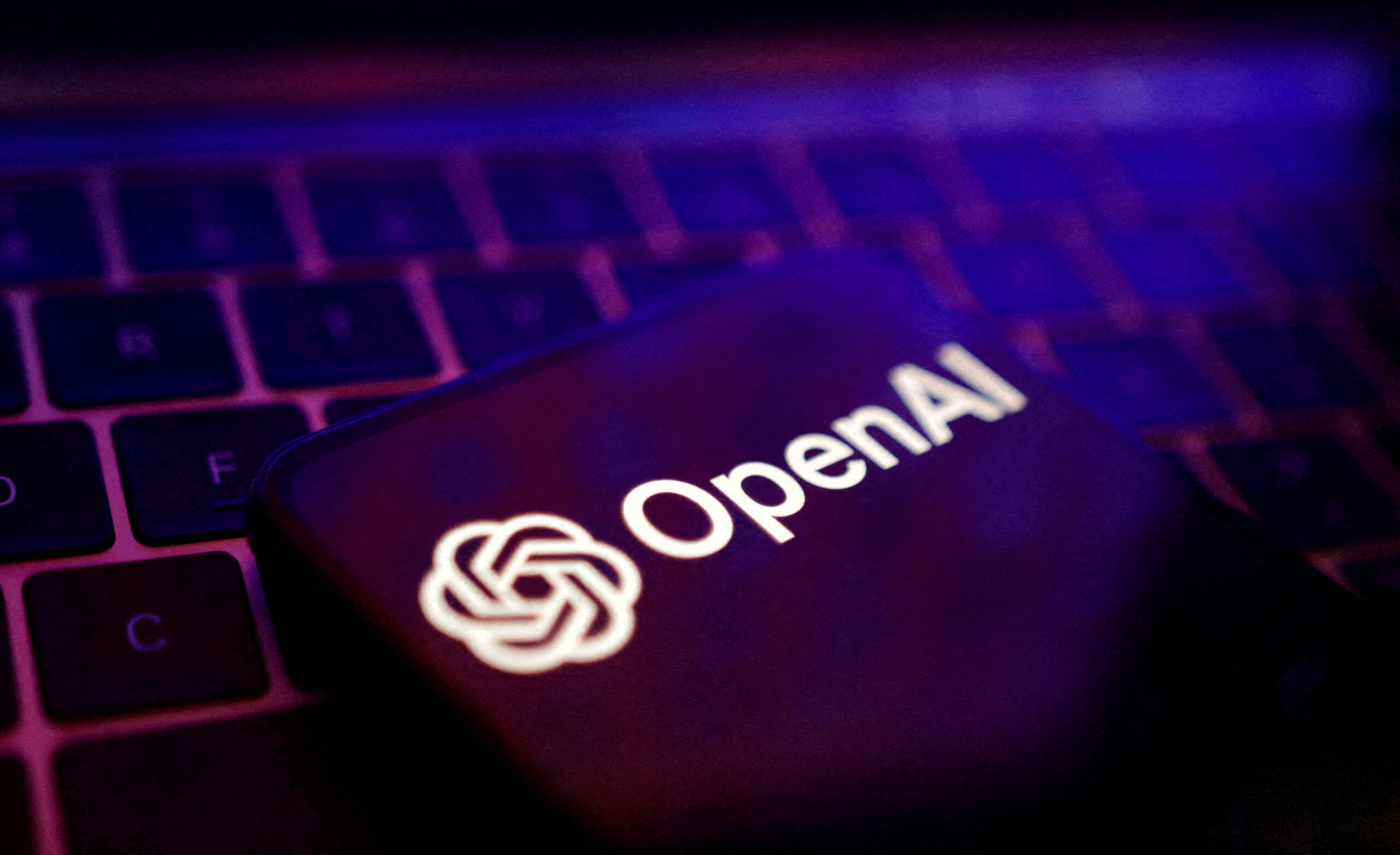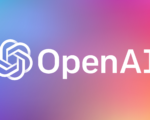OpenAI Partners with Broadcom and TSMC to Create First Custom Chip, Reduces Foundry Plans

OpenAI is collaborating with Broadcom and TSMC to develop its first custom-designed chip aimed at enhancing its artificial intelligence (AI) infrastructure. This move comes as the company looks to manage the growing demands of its AI systems, especially those powering popular tools like ChatGPT. To complement its own chip efforts, OpenAI is also integrating AMD chips alongside its existing Nvidia chips to optimize its computational power and meet the increasing infrastructure needs.
In an effort to diversify its chip supply and reduce reliance on a single manufacturer, OpenAI has explored several strategies. The company has evaluated the feasibility of producing chips entirely in-house, a path that would allow for more control over the technology but would come with significant financial and logistical challenges. One of the most ambitious options was to build a network of “foundries,” or manufacturing plants, dedicated to producing its own chips.
However, sources reveal that OpenAI has now decided to scale back on its foundry ambitions. The high costs and lengthy timelines associated with constructing and operating such a network proved to be more than the company was willing to commit to at this stage. Instead, OpenAI has opted to focus on developing its in-house chip design capabilities, partnering with established manufacturers like Broadcom and TSMC to bring these innovations to life.
This shift in strategy reflects OpenAI’s careful balance between innovation and practicality. By leveraging the expertise of industry leaders in chip manufacturing, the company aims to streamline its AI infrastructure while keeping costs in check. This approach allows OpenAI to scale its operations efficiently without sacrificing the cutting-edge performance that its AI systems require.





















